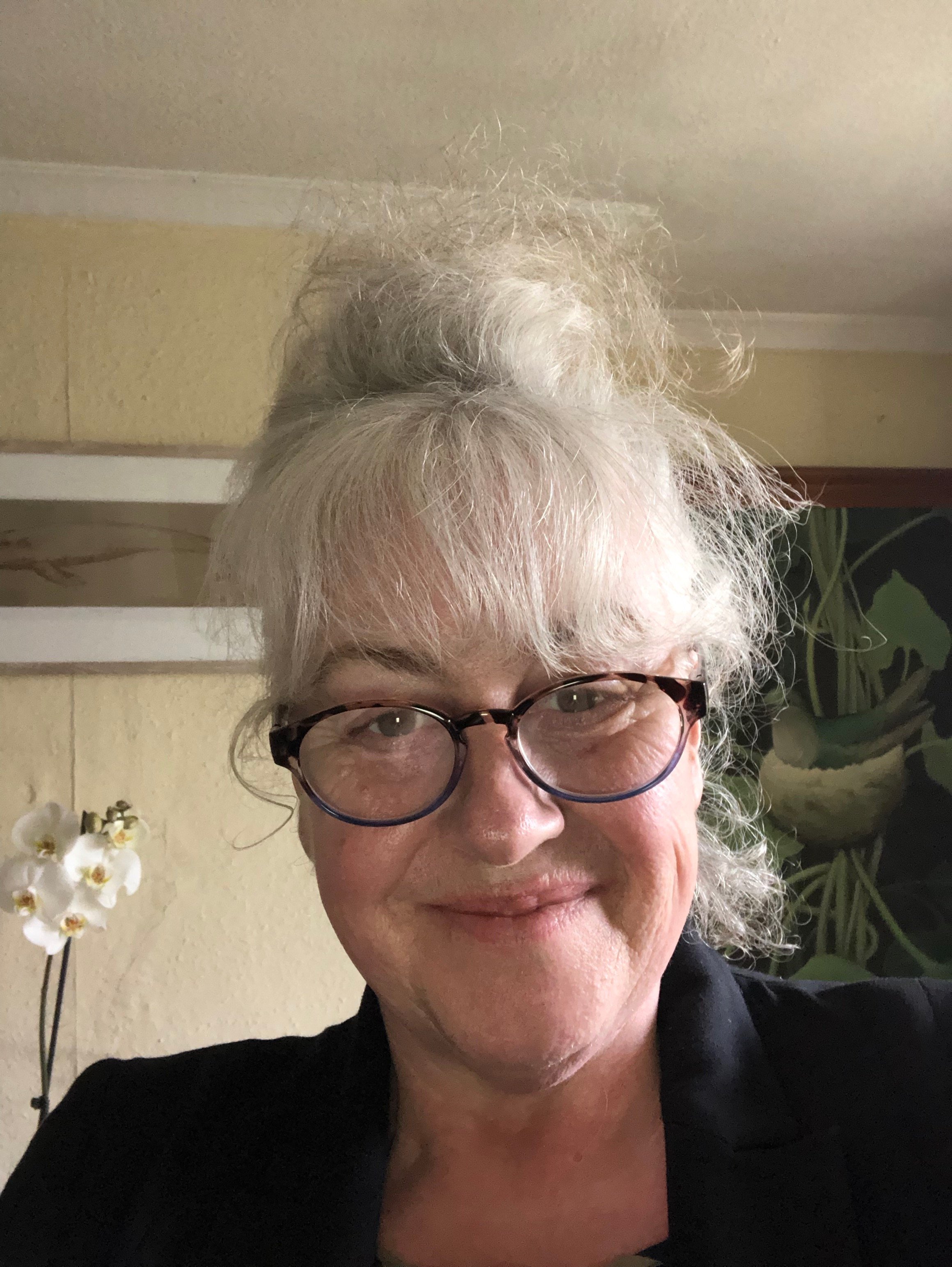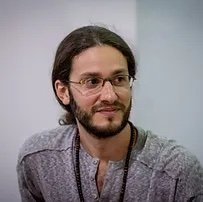We are currently in the midst of an ecological crisis, but eco-anxiety is something of a mental health crisis in response. But how should we be handling these emotions? whilst there’s not an a-z list of how to eliminate climate anxiety, there are people finding comfort in their own ways.
By Georgia wells
Eco-anxiety
noun
Extreme worry about current and future harm to the environment caused by human activity and climate change.
Caroline Hickman - Climate psychotherapist and researcher at the University of Bath
It’s likely not the first time you’ve heard of ‘eco-anxiety’ or climate-anxiety. It often feels like there’s a new environmental disaster happening every week somewhere in the world. But what exactly is this feeling, where does it come from and how should we handle it?
We spoke with climate psychotherapist Caroline Hickman about this subject and how she believes we should address the discomfort of climate grief. Caroline states that the Western Medical Model essentially divides human emotions into good and bad. Happy = good, depressed and anxious = bad. But this isn’t that helpful when every single one of us will experience these ‘bad’ emotions regularly. Being honest, how many times have you spent the entire day feeling pure joy? With this mindset, we don’t know how to handle the ‘bad’ emotions. We convince ourselves that something is wrong with us, and the downward spiral continues. When we repeatedly tell ourselves that the way we naturally feel is bad, that only brings up more problems.
Caroline believes that we need to be able to tolerate these difficult feelings in order to make sense of them. Feelings of anxiety are meaningful and are a natural part of being a human, but the trick is not to spend all of our time dwelling with these difficult emotions. We should feel sad and regretful and frustrated at the state of the world. But it’s only when we learn how to navigate these feelings, that we can use them for meaningful change. They will allow us to face this uncertain future with an opportunity for growth and radical transformation.
“To be honest I would be quite concerned about someone that wasn’t anxious about climate change, it makes absolute sense.
So instead of saying: what’s wrong with you? I would say: Well you’ve got climate anxiety because you care about what’s going on in the world.
”
Dan de Klerk - Co-founder of Nomadic Permaculture
But how have other individuals navigated these uncomfortable feelings? We spoke with Dan de Klerk, co-founder of Nomadic Permaculture, an organisation based in New Zealand who help you reach you to live more sustainably. Dan began his journey into sustainable living by studying philosophy, and found that just talking about the climate crisis academically wasn’t enough for him. After taking a break from his studies, he found himself on a permaculture farm and the idea of living harmoniously with your environment became a lot more tangible. After spending a lot of time learning new techniques and perspectives on the subject, Dan settled in New Zealand and now offers workshops and courses on how to look at your own circumstances and make more informed, sustainable decisions.
Dan talked us though the ‘circle of influence’ concept as a means of facing your climate anxiety. Rather than allowing eco-anxiety and other concerns to rule over your entire life, determine which of your concerns you have influence over. Whilst you would love to eliminate all threat of war, or any future environmental disasters, you have zero control over these issues (unless we’re talking to some seriously important politicians here).
The Circle of Influence that each of us have on our own lives.
But your local community? Or the barren neighbourhood vegetable garden down the road? These are things you can influence.
Looking even closer at all of your concerns, there are some things there that you have absolute control over. You may not be able to stop all of the deforestation in the Amazon, but you can choose to re-use your jars or recycle your newspapers. Dan reminds us that putting all of our energy into ‘circle of concern’ problems is often tiring and unproductive. You don’t have to try and forget all of your concerns completely, but reminding yourself where you have the power to make change is important.
Brian Berneman - Co-founder of Conscious Action
In order to further explore these ideas of intentional choices and behaviours, we spoke to Brian Berneman, co-founder of Conscious Action. Brian talked to us about how it’s very easy for us to spiral into hopeless-ness with eco-anxiety. We often feel like in order to feel better, we have to take action, to completely revolutionise our lives, our towns and change the world in less than a year. But in reality, these unplanned, rushed actions often leave us feeling more overwhelmed, as they often have little meaningful effect. Brian argues that what’s more important is organised, collective action.
“Now that people know what the issues are, we can actually use that to understand what can we do individually and as a collective. What is something that we can do to turn it around from the negative aspect into conscious action? And that doesn’t mean to go all out and to change our entire lives and to be activists. It’s just understanding what’s the action that each of us need to take, that is the next right action for us.”
Rather than selling your car and moving to a commune, looking at your current situation, your capabilities, capacity and privileges will allow you to see what actions are 1) possible, and 2) meaningful. He suggests making a plan of where you would like to get to eventually, and what steps are available to you to get there. Work with your local community to figure out what skills you have available as a collective to make change. Maybe that starts with walking to the shop rather than driving there. Maybe it means buying in-season vegetables. Or maybe it means being kinder to yourself in order to find the capacity down the road.
There is no ‘right’ pathway to finding a solution to the climate crisis. But what’s for certain is that every individual has their own circumstances, and so, every individual’s sustainability plan will look completely different.
To hear all of our conversations with Caroline, Dan and Brain listen to our episode on eco-anxiety here. We hope that this episode offers an insight towards such a big and difficult topic. Whilst it won’t leave you with a complete set of instructions on how to fix the world, we hope you find it comforting that there is a huge number of people who are feeling the same as you are. It’s a lengthy one, so grab a cup of tea, give your local tree a quick hug, and tune in to this beefy episode of the Deco-Stop.
Listen to our full episode on eco-anxiety on The Deep-Sea Podcast
Get in touch about collaborating with us: info@armatusoceanic.com





